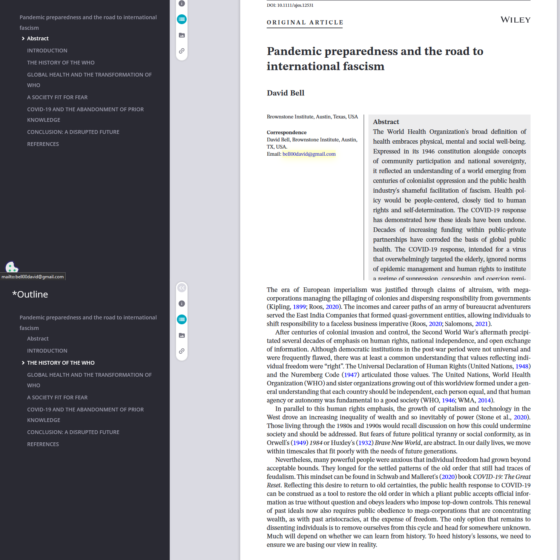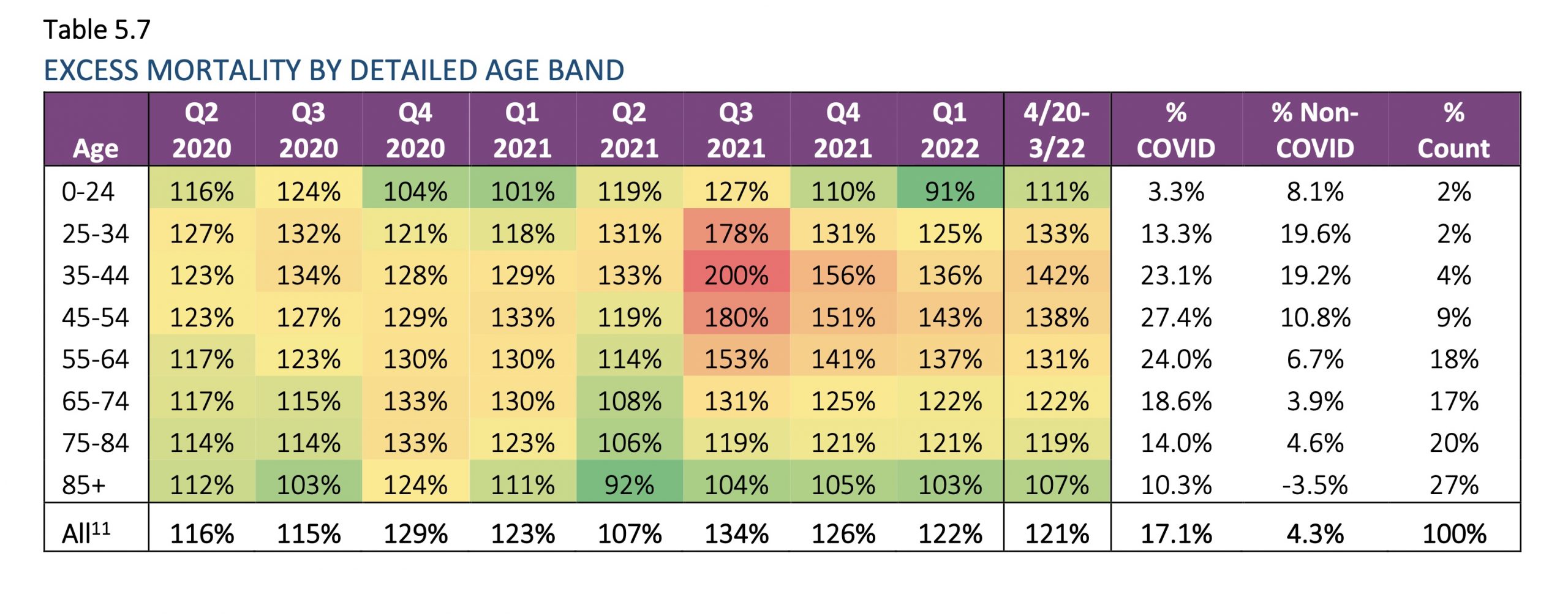Citation: Pyszczynski, T., Lockett, M., Greenberg, J., & Solomon, S. (2020). Terror Management Theory and the COVID-19 Pandemic. Journal of Humanistic Psychology, 0022167820959488. doi.org/10.1177/0022167820959488
Abstract: Terror management theory is focused on the role that awareness of death plays in diverse aspects of life. Here, we discuss the theory’s implications for understanding the widely varying ways in which people have responded to the COVID-19 pandemic. We argue that regardless of whether one consciously believes that the virus is a major threat to life or only a minor inconvenience, fear of death plays an important role in driving one’s attitudes and behavior related to the virus. We focus on the terror management theory distinction between proximal defenses, which are activated when thoughts of death are in current focal attention and are logically related to the threat at hand, and distal defenses, which are activated when thoughts of death are on the fringes of one’s consciousness and entail the pursuit of meaning, personal value, and close relationships. We use this framework to discuss the many ways in which COVID-19 undermines psychological equanimity, the diverse ways people have responded to this threat, and the role of ineffective terror management in psychological distress and disorder that may emerge in response to the virus.
Excerpt: The pandemic has also undermined distal defenses by hampering or elimi-nating the anxiety-buffering outlets that people typically rely on to believe that they are valuable contributors to a meaningful world. When people lose their jobs and cannot pursue their financial, educational, and career goals, they are losing important sources of self-esteem. Social relationships, which play such a major role in managing death fears, have also been hampered by the lockdown and social distancing measures. Single people looking for a potential life partner have largely had to put this pursuit on hold. COVID-19-related stress resulting from all of these aspects of the pandemic is associated with lower levels of meaning in life and life satisfaction (Trzebiński et al., 2020). Inadequate distal defenses are likely to affect the need for proximal defenses and vice versa. Increased death awareness associated with the threat of COVID-19 is difficult to successfully manage because COVID-19 has undermined access to many aspects of people’s anxiety buffers; compro-mised anxiety buffers leave people vulnerable to experiencing higher levels of death anxiety than usual.
PDF: www.ncbi.nlm.nih.gov/pmc/articles/PMC7498956/pdf/10.1177_0022167820959488.pdf




![Terror management theory e837b80929f5063ecd0b4401ef444f94eb6ae3d01db3164093f0c971_640[1]](https://cognitive-liberty.online/wp-content/uploads/e837b80929f5063ecd0b4401ef444f94eb6ae3d01db3164093f0c971_6401-300x258.png)



